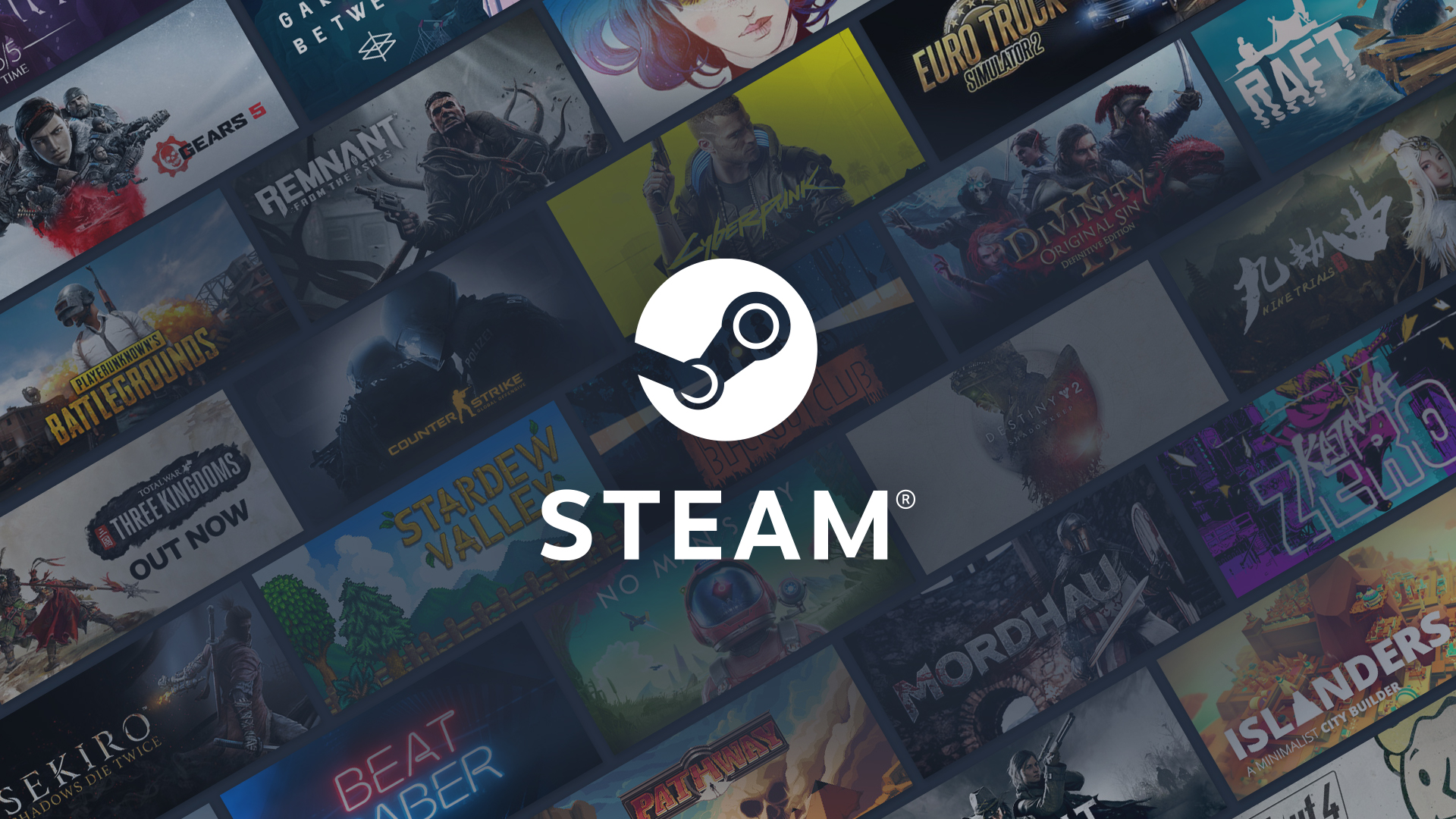My annual income is under $300 – Japanese dev on the harsh reality of indie creators

“I just recently finished filing taxes for the past year. The result? My annual income was 40,000 yen. I’m shocked.” The chillingly honest blog entry reporting an annual income of about $270 USD has resonated with many independent creators trying to make a living from their work.
Japanese indie developer InfiniteGame has two titles out on Steam and the Nintendo Store. They had believed that distribution on the big platforms would give them an annual income of at least a million yen (about $6.5k), but were faced with a much harsher reality. They analyze the reasons behind their low profits, wondering if they should have made a sequel to their first, well-received title rather than make a new original one – a dilemma that many creators can likely relate to.
Just making games is not enough – this is another point that the developer makes, analyzing how they failed to do sufficient networking in the industry and promote their titles. As opposed to large companies, indie creators need to focus on making their development progress as visible as possible, they comment, as they already have a much smaller target audience than that of major titles.
In recent years, Japan’s game industry has been growing stronger, with numerous companies implementing wage increases and game developers coming to be regarded as high-level human resources. However, this mostly applies to larger companies, and the increased competitiveness only makes it tougher for small businesses and independent creators to stay afloat.
Moreover, as InfiniteGame mentions, independent game developers do not have the luxury of focusing solely on making their game, with successful promotion and networking being almost equally as important as the product. While international platforms such as the Steam and Switch stores have given creators access to a large market, generating awareness of their game’s existence in the first place is the pitfall for many. In response to InfiniteGame’s post, other Japanese developers reported similar experiences, such as having made only 5,000 or 30,000 yen in their first year as creators.
InfiniteGame’s titles Ein’s Sword and Lumiere Magna are available for the PC (Steam) and the Nintendo Switch.





Well, I just looked at his games and, to be fair, I find it quite surprising that he’s made anything out of something that should’ve been free in the first place.
I can tell there’s passion in the development of these games, but the gameplay, as portrayed in the preview videos on Steam, seems very lacking, the animations unfinished and it doesn’t look like it should’ve been released in this state.
So the lesson here, put a little bit more effort into your projects and probably get some help. While I respect a single person developing an entire game, it’s not ideal to do it alone if there’s people out there that might be willing to lend a hand.
I will put my criticism alongside Anon but with the exception of small companies. The reality is that in order to be a good small company you have to create stable foundation and a game that stands out. If they do a good job with a game that has lore, a world of its own it is best to make it into a franchise and build off of it until your team grows big enough to be able to handle a second project at once then build it up where your 1st pillar franchise is if you believe it could be sold everywhere and then so on and so fourth. Nintendo does this really well probably better than most. They are a perfect example of a great gaming company for a reason. They have so many after 40 years in the gaming industry.
I will also add Atlus has done the same with SMT and Persona which are two franchises they built up over the years with many spinoffs that experiment with new concepts for the mainline franchise, have lore tied to their parent franchises like Soul Hackers, Raidou, Digital Devil Saga for SMT and Persona which had many companies license out for the series due to it’s broader appeal with Dancing All Night, Arena etc but the writers made sure it was consistent with the francjise it was spinning off from. This is how you build a AA company and how you eventually become a AAA. It is molding more franchises into the fold that really stand out for a global niche that has the same taste as you do and keep building upon it.
To end off I think the important thing for creators, small companies is to stand out and to advertise themselves at the Indie Game Show and TGS, even on social media using hashtags and finding huge YouTube creators willing to advertise their game that are of the same taste, especially if they have a taste for fanservice like kotoragame from YouTube.